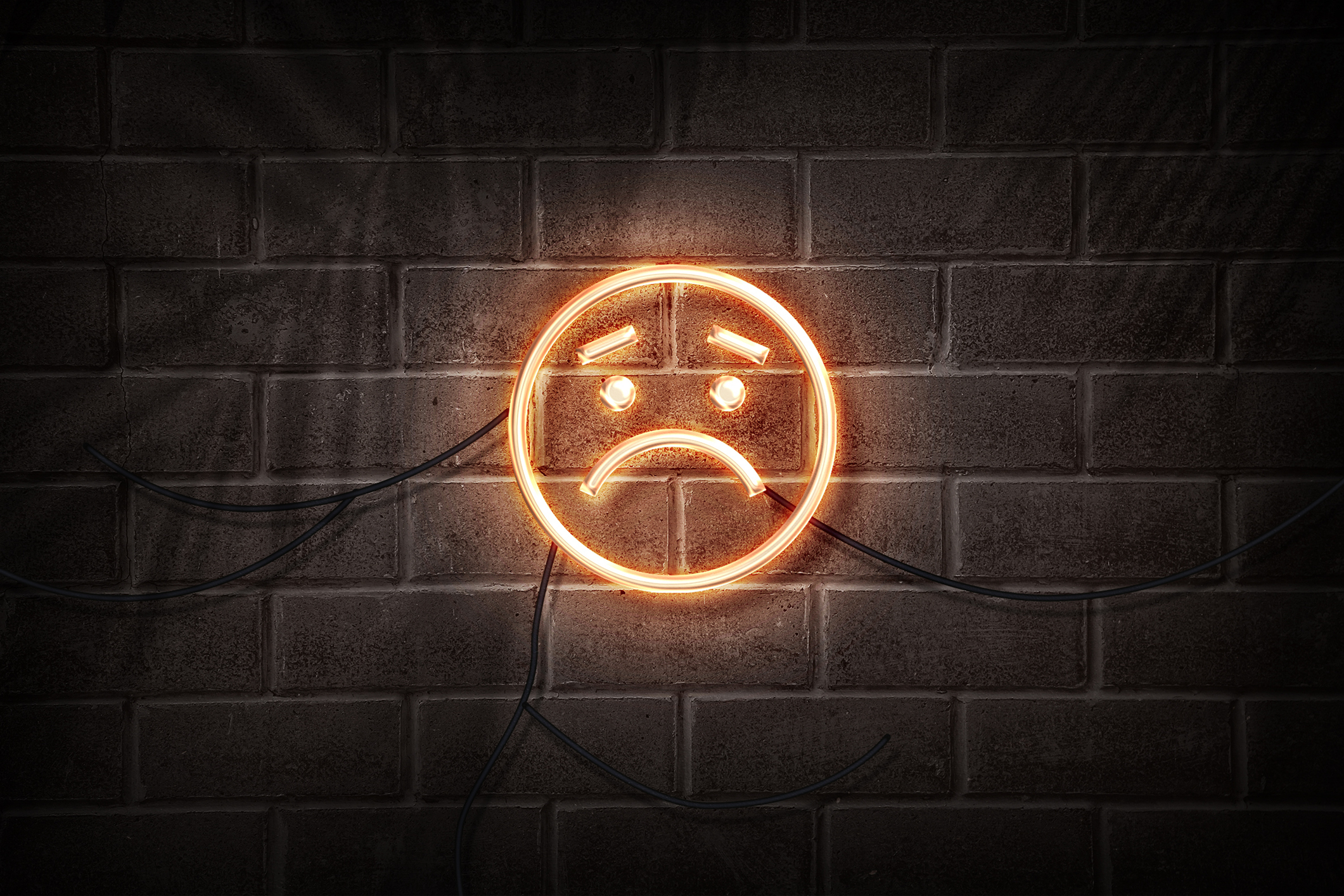Dementia Experts Shared The 7 Things They Would Never Do, And We're Taking Notes
resulting in it being the seventh leading cause of death worldwide.
A person's tendency to develop dementia can be influenced by a variety of factors, including their genes and surroundings, as well as certain habits and general health. According to Jessica Caldwell, director of the Women's Alzheimer's Movement Prevention Center, even small changes can make a difference, both significant changes and more gradual adjustments to one's lifestyle.
You can enjoy significant benefits for your brain as you get older if you make small changes over time," she said. "It's never too late to start making healthy choices for your brain, and even people who are experiencing mild cognitive changes or memory loss related to dementia can still benefit from practices that support brain health.
But what about the things you should never do? Below, neurologists and doctors share the habits they avoid, and recommend avoiding, to maintain optimal brain health.
They don't eat a diet that is made up only of processed foods.

For many people, the reality is that it's difficult or expensive to stick to healthy meals all the time. Fast food can be a tempting option because it's quick, affordable, and easy to grab. However, when it comes to brain health, relying mostly on processed foods can be detrimental.
"Eating at fast food places on a regular basis makes it less likely for you to have space in your diet for brain-healthy whole foods such as leafy green vegetables, fish that are rich in omega-3, berries, and nuts," Caldwell explained.
.
In addition, a diet lacking healthy foods, such as fermented foods like yogurt, kefir, or kimchi, can cause cognitive problems, according to neuroscientist Friederike Fabritius.
People who eat processed foods can experience micro-inflammations in their brain, which is linked to a variety of issues and can shorten their lifespan," she said. "The health of the human microbiome influences the brain, so consuming fermented foods regularly has the potential to significantly boost brain health. Many of the brain's chemical messengers, known as neurotransmitters, are produced in the intestines.
They are very physically active.

A neurologist and medical director at the Brain Wellness Center at Houston Methodist The Woodlands Hospital said exercise is like "Bluetooth for the brain" - it helps us connect the dots better.
Finding a way to improve brain function through physical exercise is a key goal," he said. "Exercise has the potential to tap into our brain's capabilities and keep it developing, which is something we're all interested in. It's like achieving the ultimate goal in this area.
.
They aren’t anti-social.

“Research shows that people with strong social connections tend to live about eight years longer on average. This has a similar impact on life expectancy as smoking two packs of cigarettes every day,” Fabritius said.
Dropping out of social activities like work can have a negative impact on the brain.
The director of the Jona Goldrich Center for Alzheimer’s and Memory Disorders at Cedars-Sinai in California stated, "If we don't utilize those neural pathways, they become unused and start to redirect or decrease, which can quickly lead to cognitive decline."
Losing that stimulation can also lead to things like less physical activity and depression, which also have a correlation with dementia.
They don't consistently pull all-nighters.

Getting enough sleep not only helps you feel clearer and more energized, it also ensures your brain continues to function properly.
“Twelve years ago, we discovered the glymphatic system, essentially the brain's waste removal system,” Wright said. “When you're sleeping, it becomes highly active, removing waste and toxins that, if left behind, can contribute to conditions like Alzheimer's and dementia.”
Adding to that, getting by on too little sleep can ruin your chances of succeeding with other healthy daily routines you're trying to stick to. "Being sleep-deprived makes it tough to do energy-requiring activities like exercise, and can affect your mood and stress levels," Caldwell said.
They do not disregard their stress.

You can't completely eliminate stress from your life. What's more important is learning how to handle it better when it happens.
“Having ongoing stress is harmful to you,” he said. “When you're stressed, your cortisol levels surge, and if it continues, it can harm your brain.”
He suggests taking stock of how you handle stressful situations — do you let them weigh you down, or do you find ways to manage them by engaging in activities like taking a walk, practicing yoga, or meditating to keep your worries from consuming you?
They never rule out high blood pressure.

Poor habits such as excessive smoking, unhealthy eating, and a lack of physical activity can contribute to high blood pressure, which is developed over time, typically during midlife. Moreover, uncontrolled high blood pressure can also increase the risk of developing dementia.
“High blood pressure that isn’t under control tends to increase the risk of developing dementia later in life,” Tan said. “While this link isn’t as strong in later years, we have the advantage of long-term studies that have been following people since 1947 – those in their 70s and 80s right now – and their blood pressure readings from when they were in their 40s and 50s, and a connection does exist.”
Taking proactive steps to manage certain lifestyle factors that can contribute to high blood pressure will also help reduce the risk of cognitive decline later on.
They don’t stop learning.

That might help explain why that's the case.
“Whenever we learn new things, we form new connections between brain cells,” Tan went on. “Each time we make these connections, we increase something we call brain plasticity. Brain plasticity is the ability of our minds and brains to adapt to change. Experts believe this is why people with higher levels of formal education are less likely to develop dementia later in life.”
Posting Komentar